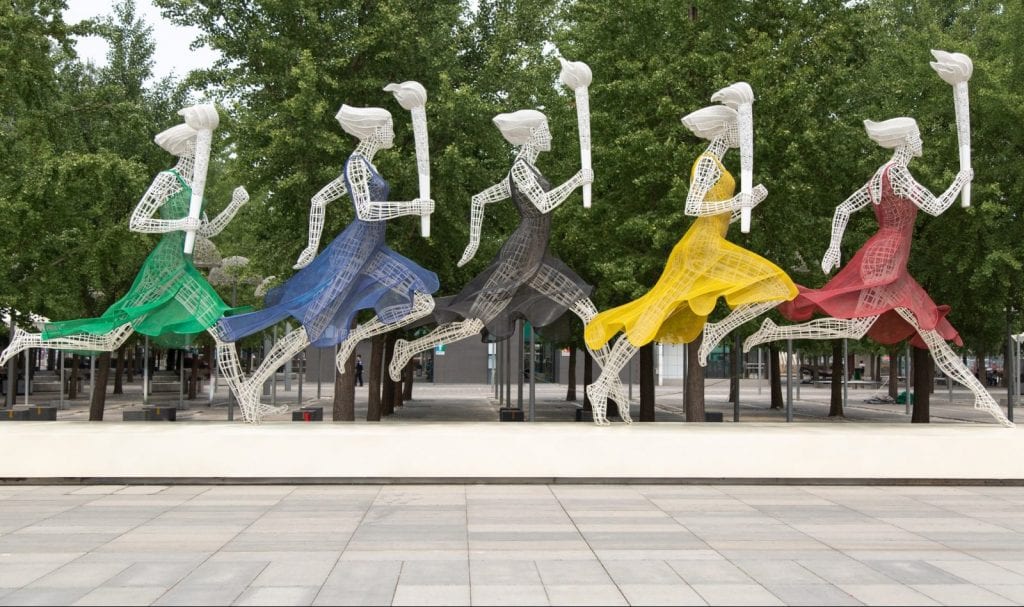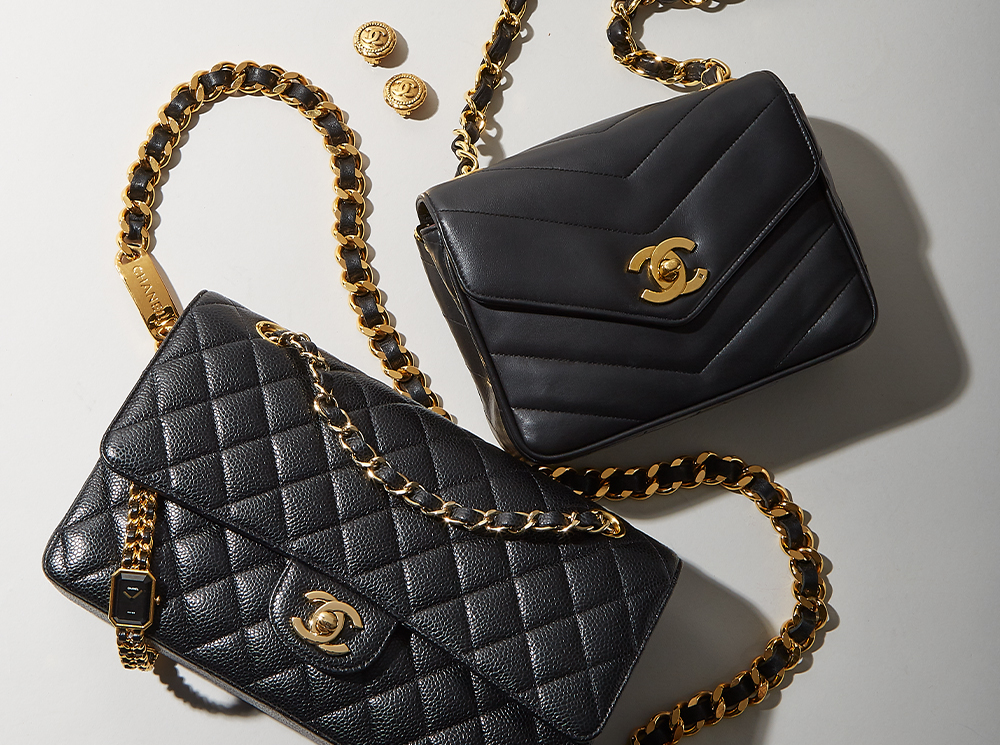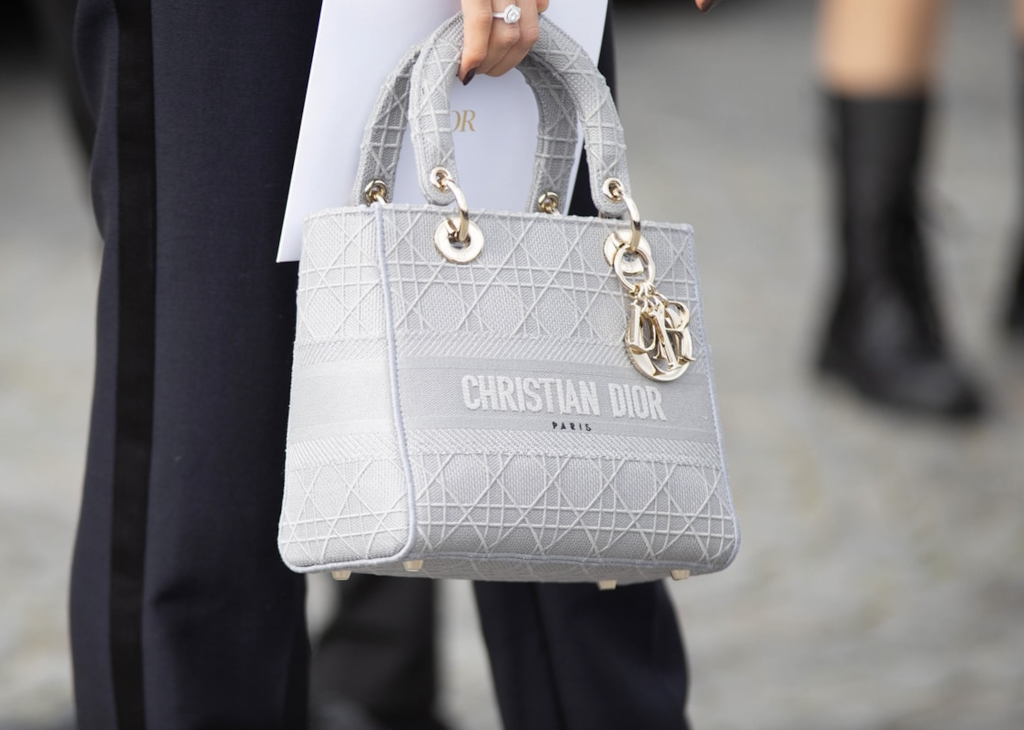 image: TFL
image: TFL
The Department of Homeland Security seized counterfeit handbags and other accessories that would have a value of $500 million – if authentic and sold at retail – at ports in New York and New Jersey, as well as in Los Angeles, as part of a sophisticated and elaborate scheme that stretched from China to states throughout the U.S. and involved at least 33 men and women, nearly all of whom have been arrested and charged with conspiracy and counterfeiting, among other crimes, with some facing claims of immigration fraud.
Gucci, Hermès, Louis Vuitton, Chanel, Burberry, Coach, Tory Burch, and Michael Kors were among the brands whose trademarks were replicated on purses, belts, perfumes, and small leather goods and imported into the U.S., where they have been seized. Also uncovered amongst the 22 shipping containers’ worth of counterfeit goods: Branded tags, which counterfeiters affix to otherwise generic items once they are imported into the U.S., a tactic commonly used to avoid detection by Customs agents.
This specific bust got its roots in 2012 after U.S. Customs uncovered a string of irregularities in certain importers’ shipping documentation and embarked upon a 6-year-long investigation with the cooperation of various branches of the U.S. government, including Homeland Security, U.S. Immigration and Customs Enforcement, the New York Police Department Border Security Enforcement Task Force, the Justice Department’s Task Force on Intellectual Property, and the Brooklyn District Attorney’s Office.
Prosecutors revealed on Thursday that the individuals tasked with importing the counterfeit goods into ports on both coasts used the information of a number of legitimate companies and falsified the descriptions of the shipping containers’ contents on official import documents in order to avoid detection by Customs agents. Upon import to ports in Manhattan and New Jersey, the counterfeit goods were transported to self-storage facilities in Brooklyn, Queens and Long Island, and then shipped to wholesale and retail sellers across the country.
As revealed in six indictments and a criminal complaint, which were unsealed on Thursday, 33 individuals – who range in age from 32 to 55 and all of whom are of Chinese descent, according to a statement from Homeland Security – are being charged with claims of smuggling counterfeit goods, conspiracy to launder money, immigration fraud, and unlawful procurement of naturalization.
The effort, which is being considered one of the largest counterfeit seizures by U.S. Homeland Security to date, “exposed the global nature of intellectual property crimes, allegedly being executed by those arrested today,” Special Agent-in-Charge Angel Melendez said in a statement on Thursday. “Counterfeit goods manufactured and smuggled from China with a suggested value close to half a billion dollars, were intended to make its way into U.S. markets and into the hands of unsuspecting consumers.”
Melendez further noted, “This investigation should be a crystal clear message that counterfeiting and intellectual property rights violations is anything but a victimless crime as it harms legitimate businesses, consumers and governments.”
The hundreds of millions of dollars worth of counterfeit goods has “deprived companies of their valuable and hard-earned intellectual property,” Assistant Attorney General Brian A. Benczkowski of the Justice Department’s Criminal Division added in a statement from the Department of Justice.
The seizures come on the heels of the seizure of what U.S. Customs and Border Protection and U.S. Immigration and Customs Enforcement agencies called “a record number” of 34,143 shipments of goods that violated companies’ intellectual property rights in 2017. Those seizures, which consisted of goods that would have been worth more than of $1.2 billion had the products been authentic, represent a nearly 10 percent jump from the number of fakes confiscated in 2016.











